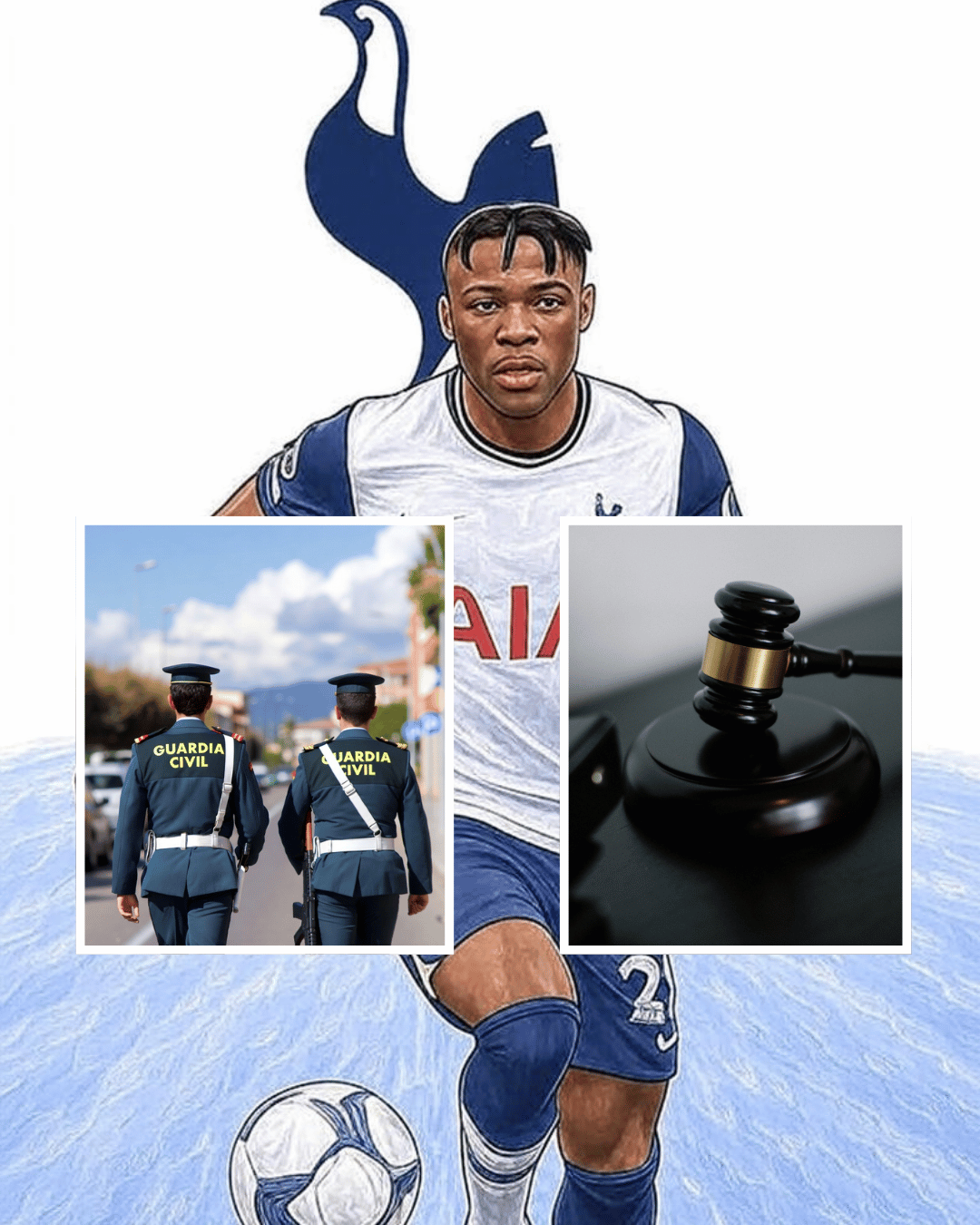The new Labour-led government has signalled a decisive break with three years of stalemate by warning Roman Abramovich that it “is fully prepared” to haul him before the High Court unless he relinquishes the £2.5 billion sitting in a frozen UK account since the May 2022 sale of Chelsea FC. In a sharply worded joint statement on 2 June, Chancellor Rachel Reeves and Foreign Secretary David Lammy said they were “deeply frustrated” that talks with the sanctioned oligarch have failed and that ministers will litigate if that is what it takes to channel the money to Ukraine’s war-ravaged population. (reuters.com, politico.eu)
Abramovich agreed to sell the club under intense sanctions pressure just weeks after Russia’s full-scale invasion of Ukraine. The emergency licence that allowed the sale barred him from profiting and stipulated that the net proceeds would be devoted to humanitarian relief, yet it left two crucial hurdles: the funds cannot move without a licence from the Office of Financial Sanctions Implementation, and any eventual charity must clear the Charity Commission. All of that remains undone, leaving the cash—technically still Abramovich’s property—locked in limbo. (reuters.com, theguardian.com)
At the core of the impasse is a disagreement over scope. Whitehall insists every penny must be spent inside Ukraine, in line with wider European efforts to make Moscow foot the reconstruction bill. Abramovich wants a broader mandate to help “all victims of the conflict”, including those in Russia and the diaspora. Neither side has budged; Reeves and Lammy now argue that only a court order can break the deadlock and establish a precedent for redeploying other frozen Russian assets held in Britain and its overseas territories. (thetimes.co.uk, m.facebook.com)
Legal experts note that the government could seek a financial-sanctions enforcement order or an expropriation under new emergency legislation, but Downing Street appears to favour conventional litigation first, mindful of possible challenges under property-rights law. Success would hand ministers a high-profile test case as they lobby EU partners, some of whom remain wary of outright asset seizures, to toughen their own stance. (reuters.com, thetimes.co.uk)
Abramovich, represented by the New-York firm Kobre & Kim, has kept publicly silent since the threat was issued, though his camp has previously accused the UK of shifting the goalposts after the sale closed. Officials stress that the “door for negotiation remains open”, but privately concede that patience is exhausted after multiple false dawns and 36 months in which no Ukrainian has seen a single pound of the promised aid. (theguardian.com, apnews.com)
Human-rights campaigners and legislators such as Labour peer Lord Foulkes have long argued that the Chelsea proceeds could become a flagship reparations fund, demonstrating to Ukrainians that Western rhetoric is matched by hard cash. The looming lawsuit now raises the prospect of a definitive ruling—either unlocking the money for Kyiv or confirming the limits of Britain’s sanctions regime. (m.facebook.com, reuters.com)
Whether the case ends in the courtroom or a last-minute settlement, it will determine not only the fate of a record-breaking football-club windfall but also the credibility of London’s promise to make Russia pay for the devastation it has wrought. (reuters.com, politico.eu)










